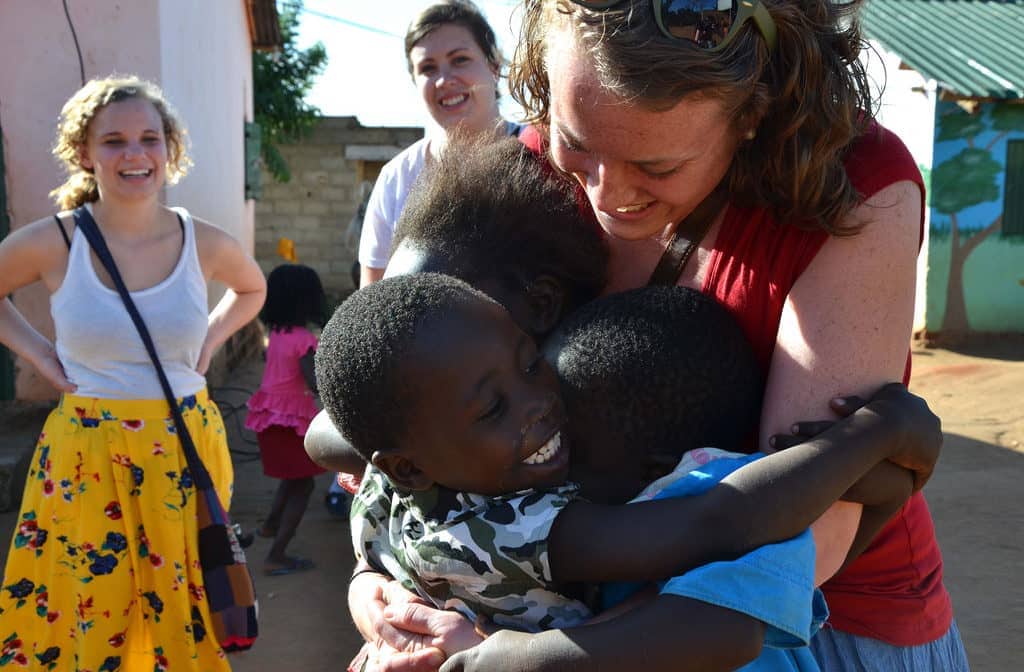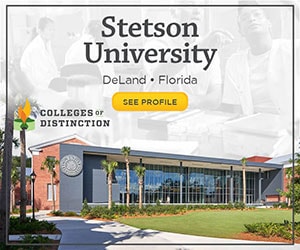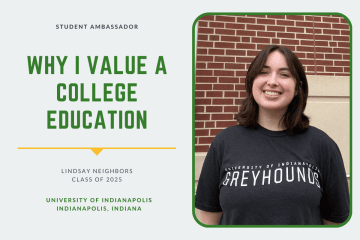Global Learning Through Global Service
Some lessons can’t be taught or tested in classrooms, but can rather only come from real-life experiences. Global learning programs, like Anderson University’s Tri-S (Study, Serve, Share) program help students explore and discover the world in highly impactful ways. As 2016 Tri-S trip leader, Maggie Platt, puts it: “Our world needs leaders who have experienced different cultures, learned about those cultures, and in turn, learned about themselves through those cultures. Exploring the world is about so much more than the awesome adventures. It’s about expanding the mind and learning to think critically about current issues.”
The trips do more than just educate; they enhance the lives of participants in ways that remain with them for a lifetime. Senior Eric Stone, a psychology and youth leadership development double major, has traveled to India, Australia, London, Peru, Washington, D.C., and New York. He plans to travel to Uganda with Tri-S this spring.
“Some of my best friendships have started or been significantly enhanced from going on a trip together,” said Stone. “Tri-S has dramatically enhanced and refocused my educational experience at AU. I was able to tangibly see how many different ways there are to look at a problem and the world. [Seeing] issues and topics from outside my own lens is a skill that Tri-S developed for me.”
While such results are typical in most Study Abroad Programs, Anderson University’s Tri-S program goes a bit further. According to Anderson’s Tri-S and Study Abroad director, Aurora Doster, “Each trip is carefully planned to help students engage with the people and environment around them.”
Some of the trips include:
- Wounded Knee on the Pine Ridge reservation (South Dakota) to serve the Oglala Lakota people
- The Caminul Felix orphanage in Romania and Hungary
- Mother Teresa’s Missionaries of Charity in India
- Leading Vacation Bible Schools in Grand Cayman and London
Jennifer Myhre, leader of several Tri-S trips, calls the trips “a time of intentional community, where we share our stories, learn from each other, and live out our calling to love and to serve.” On the trips, she witnessed students develop an “appreciation for what they have” while being challenged to live a life of faith and service when they return.
Most important of all may be the lasting impact the program has had over the past five decades, forging lifelong bonds between students and trip leaders. After graduation, many find ways to serve their own communities. Others find their calling as a result of the trip and even return to the places they visited as ministers. “Relationships are most important,” says Doster, “and the impact of Tri-S can be seen most vividly in those relationships. God calls us to love Him, love others, and serve the world.”





